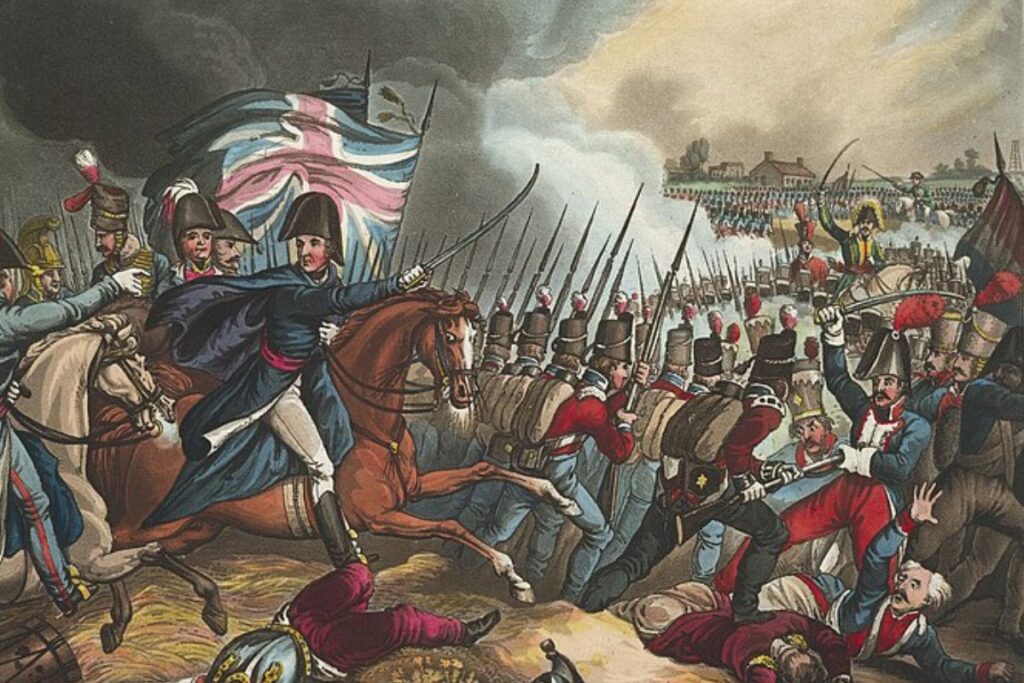History has turned on the outcomes of key battles that changed the fate of nations and empires. From ancient wars to modern conflicts, these pivotal clashes didn’t just decide winners and losers—they shaped the world we live in today. Here are ten battles that left an undeniable mark on history.
The Battle of Marathon (490 BCE)
This Greek victory against a much larger Persian army saved Athens and preserved the roots of Western civilization. Clever tactics helped the outnumbered Athenians outwit their opponents, setting an example of strategy over sheer strength. The win inspired confidence across Greece, leading to a golden age of art, philosophy, and democracy. And yes, it also gave us the marathon race, inspired by a soldier’s legendary run to deliver the news.
The Battle of Thermopylae (480 BCE)
The legendary stand of 300 Spartans (and their allies) against the massive Persian army was a story of bravery and sacrifice. While the Greeks lost the battle, their resistance gave other city-states time to unite and prepare for future victories. This battle became a rallying cry for Greek independence and the eventual defeat of the Persian invasion. Thermopylae’s legacy endures as a symbol of heroism against impossible odds.
The Battle of Hastings (1066)
When William the Conqueror defeated King Harold, England fell under Norman control, forever changing its history. This battle introduced Norman culture and language to England, blending with Anglo-Saxon traditions to create a new identity. It also marked the last successful invasion of England, making it a unique turning point. The famous Bayeux Tapestry still tells the story of this historic clash.
The Battle of Agincourt (1415)
Despite being outnumbered, the English army led by King Henry V achieved a stunning victory over the French in the Hundred Years’ War. The English longbowmen were the key to their success, cutting down waves of heavily armored knights. This victory boosted English morale and cemented Henry’s reputation as a legendary leader. Agincourt is still remembered as one of history’s greatest underdog triumphs.
The Siege of Constantinople (1453)
The fall of Constantinople to the Ottoman Empire marked the end of the Byzantine Empire and the rise of Ottoman power. It also reshaped global trade as European powers searched for new routes to Asia, sparking the Age of Exploration. The use of massive cannons during the siege changed the way wars were fought, making city walls less effective. This event also spread Renaissance ideas to Western Europe as scholars fled the city.
The Battle of Saratoga (1777)
Saratoga was the turning point of the American Revolution, convincing France to ally with the colonies. French support brought troops, money, and supplies, giving the American forces a much-needed boost. This victory made independence a realistic goal and proved the colonies could stand up to the British Empire. Without Saratoga, the United States might look very different today.
The Battle of Waterloo (1815)
Napoleon’s final defeat at Waterloo ended his ambitions of dominating Europe. The battle saw a coalition of British, Prussian, and other forces, led by the Duke of Wellington, triumph over Napoleon’s army. This marked the end of the Napoleonic Wars and reshaped Europe’s political landscape for decades. Even today, “meeting your Waterloo” means facing a final, crushing defeat.
The Battle of Gettysburg (1863)
This Civil War battle was a major turning point for the Union, halting the Confederate advance into Northern territory. It was one of the bloodiest battles in American history, with massive casualties on both sides. The Union victory boosted Northern morale and paved the way for future successes. President Lincoln later honored the fallen with the Gettysburg Address, reframing the war as a fight for freedom and equality.
D-Day (1944)
The Allied invasion of Normandy during World War II was one of the most daring and complex military operations ever. By breaking through Nazi defenses, the Allies opened a critical front in Europe, speeding up the fall of Nazi Germany. The operation was a turning point in the war and symbolized the resilience of Allied forces. D-Day remains one of history’s greatest examples of courage and coordination.
The Battle of Stalingrad (1942-1943)
This brutal World War II battle was a turning point on the Eastern Front, with Soviet forces defeating the German army. After months of fierce fighting, the victory stopped Hitler’s advance and marked the beginning of a German retreat. The battle showcased the Soviets’ incredible resilience and determination, shifting the momentum in the Allies’ favor. Stalingrad remains a symbol of sacrifice and the power of perseverance.
These battles didn’t just decide who won—they altered the course of history, leaving legacies that still shape our world today.

